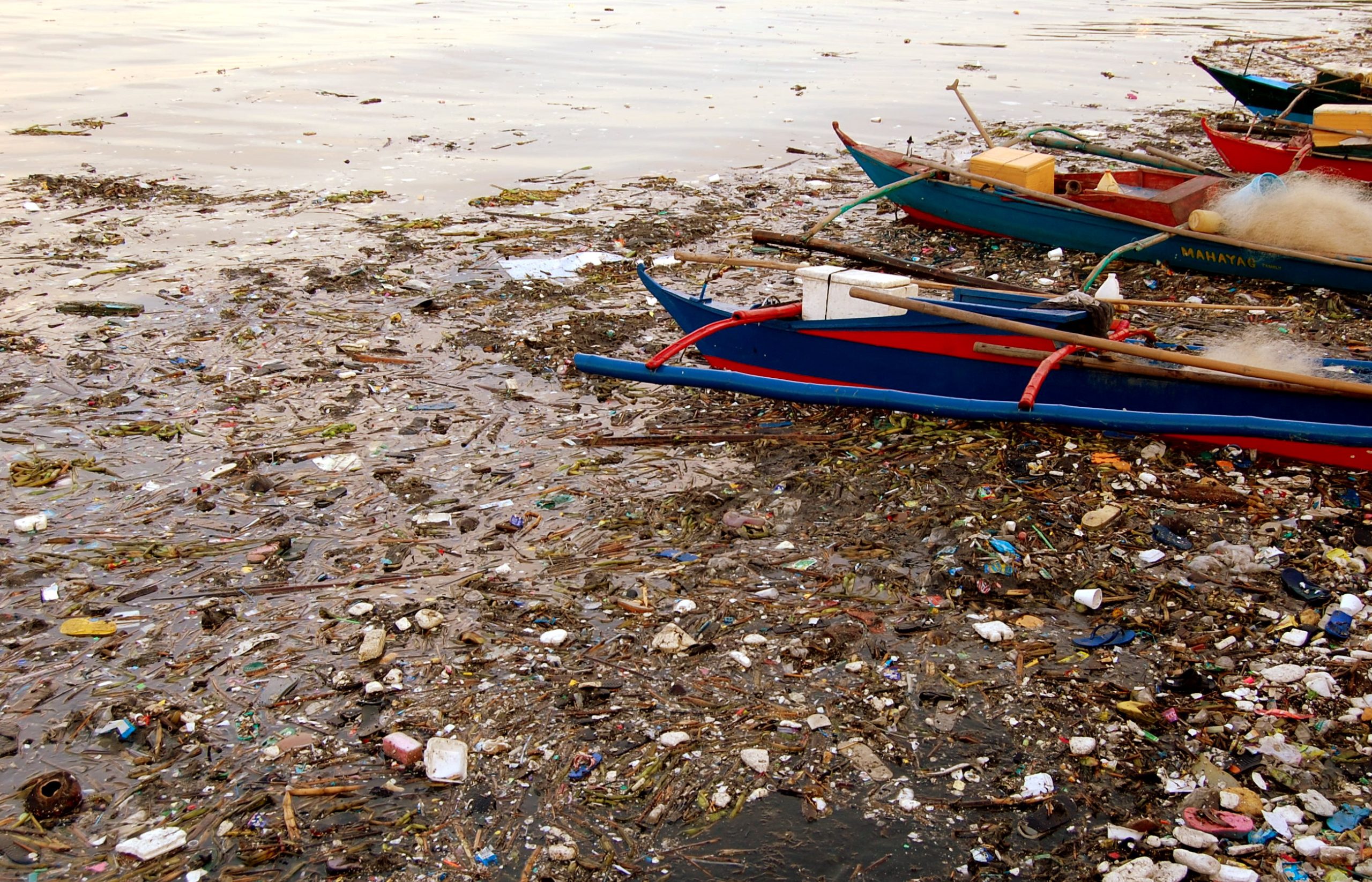
In an unprecedented move that marks a significant milestone for small island states, the International Tribunal for the Law of the Sea (ITLOS) has ruled that greenhouse gas emissions, which cause climate change and are absorbed by the oceans, constitute marine pollution. This landmark ruling, made on Tuesday, resonates powerfully with the collective plea of small island nations, which have long been on the frontline of climate-induced sea-level rises.
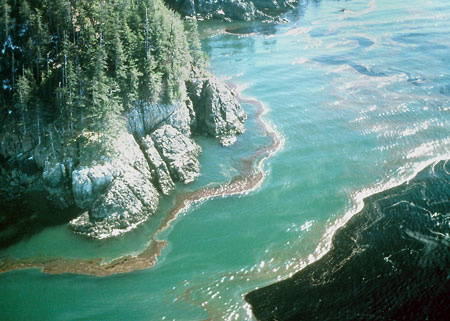
The ruling, described as an “advisory opinion,” is expected to serve as a compelling precedent for future climate litigation. The Tribunal clarified that countries are obligated under international law to take actionable steps to prevent, reduce, and control marine pollution caused by greenhouse gas emissions.
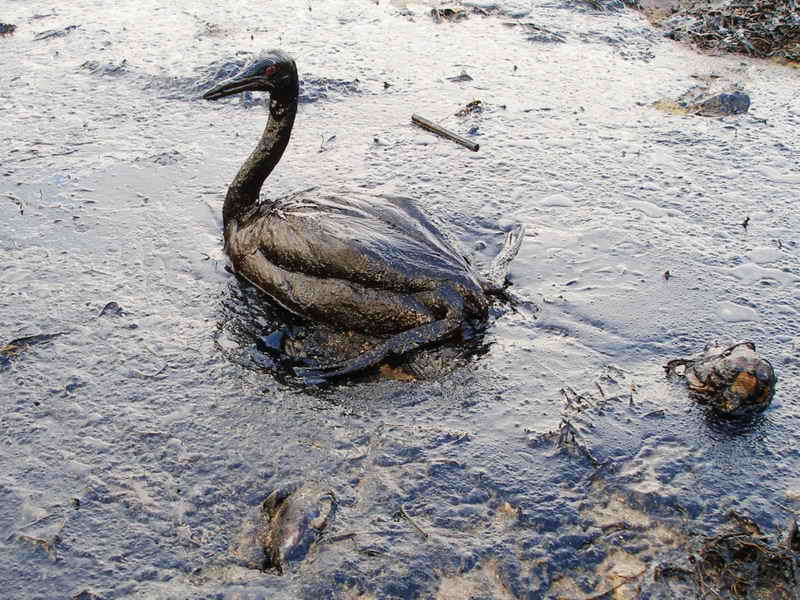
Furthermore, ITLOS stipulated that these efforts should be grounded in the best available science and international standards, calling for a more rigorous approach than the 2015 Paris Agreement.
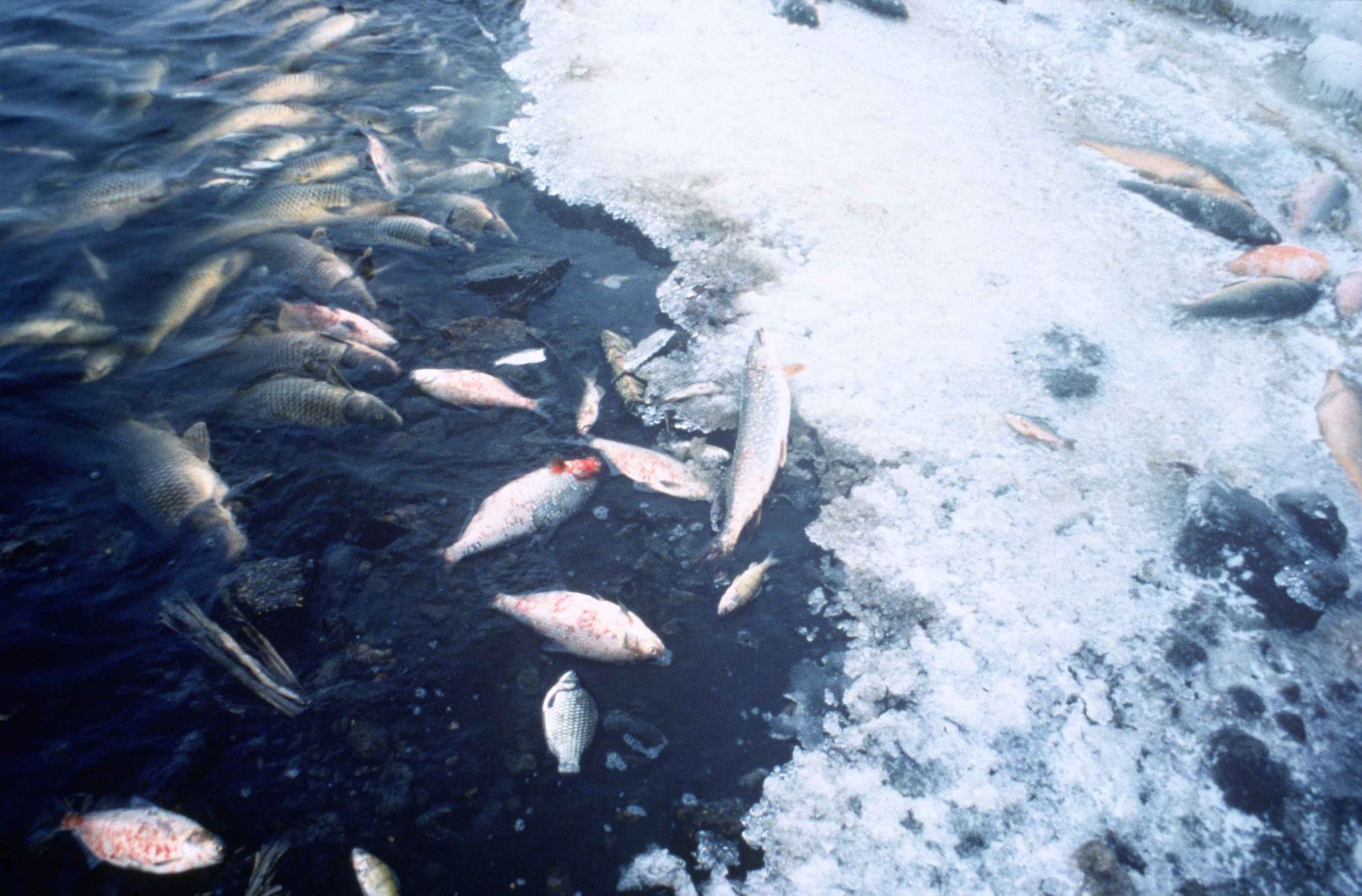
The voice of the Bahamas resonated with optimism following the ruling, with Ambassador to the European Union Cheryl Bazard expressing that “the law and science met together in this tribunal, and both won.” The sentiment was echoed by Eselealofa Apinelu of Tuvalu, who hailed the decision as a meaningful stride towards holding major polluters responsible.
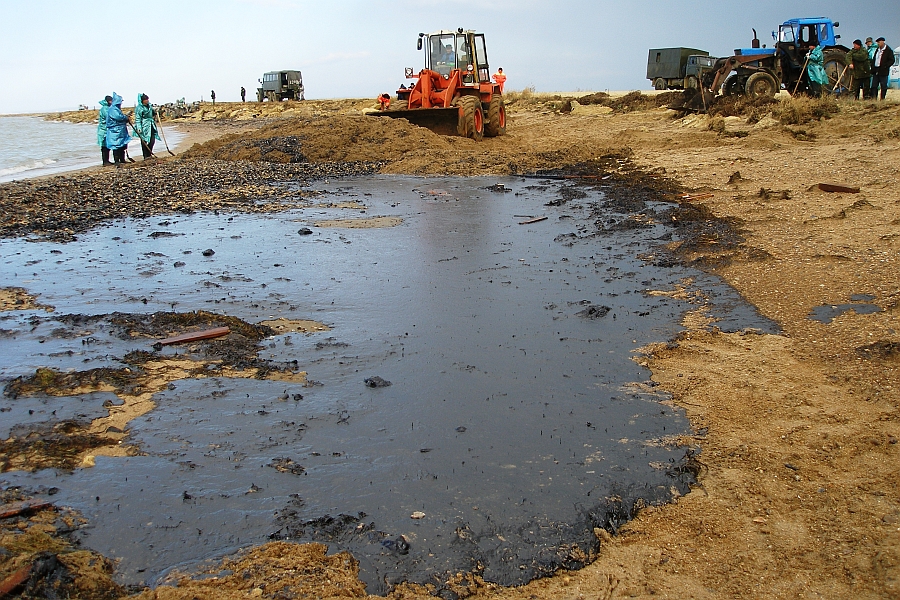
As part of the advisory opinion, ITLOS reinforced that states must monitor their emissions diligently and perform thorough environmental impact assessments. It emphasized that nations’ targets for reducing emissions should reflect the most credible science and be aligned with relevant international rules, such as those established by the Paris Agreement.
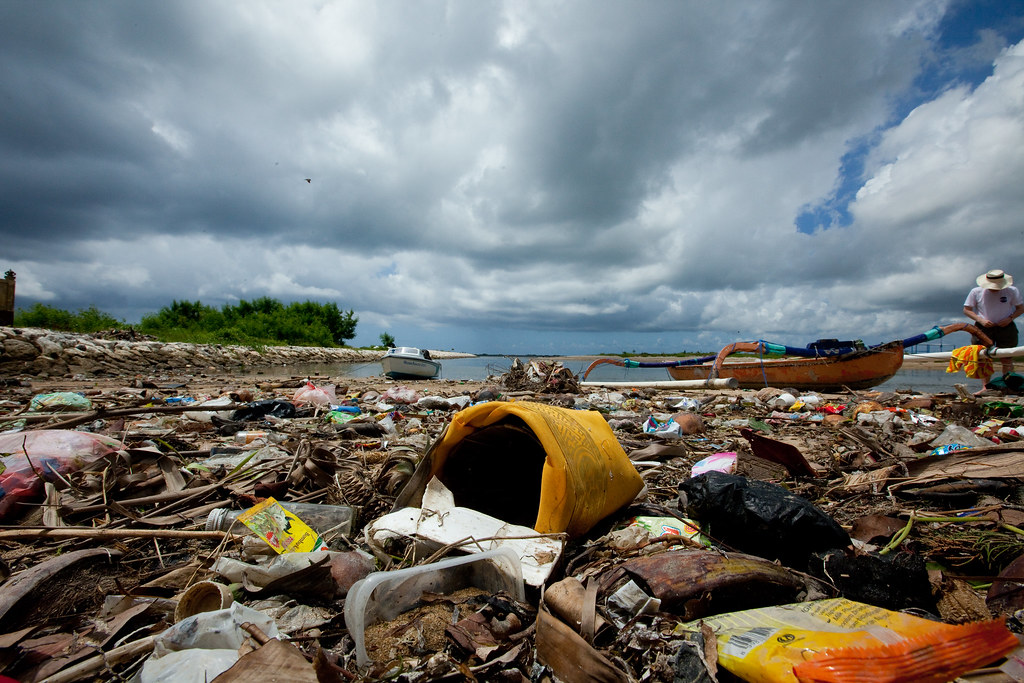
Antigua and Barbuda’s Prime Minister Gaston Browne saw this as an opportunity to catalyze legal and diplomatic efforts to address climate change inaction that poses a threat to the very existence of vulnerable states.
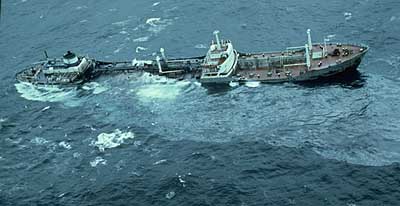
Nikki Reisch, the director at the Centre for International Environmental Law, cautioned that merely complying with the Paris Agreement would not suffice.

As per Joie Chowdhury, a senior attorney at the same center, this judgment is significant as it categorically asserts that international law imposes specific obligations upon states to act decisively and equitably to protect the oceans from climate change impacts.

While this ruling is not legally binding, its implications are far-reaching. It could potentially shape the outcomes of forthcoming opinions on states’ climate obligations from the Inter-American Court on Human Rights and the International Court of Justice.
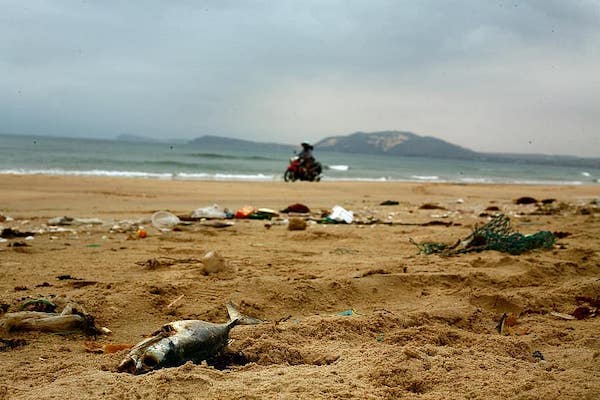
The Tribunal’s decision might not have been universally welcomed, as China, the world’s leading carbon emitter, argued against the Tribunal’s authority to issue such advisory opinions, suggesting it could fragment international law. However, this did not hinder the positive reception of the ruling among the small island states and climate activists.

Catherine Amirfar, Co-Representative of the Commission of Small Island States on Climate Change and International Law (COSIS) to ITLOS, marked the opinion as a cornerstone in a broader legal battle against climate change, emphasizing the ocean’s role as the principal carbon sink.
She pointed to the growing necessity for science-led policies to mitigate the risks of climate change.

These small island nations, despite their limited contributions to global emissions, face existential threats due to climate change, such as coastal erosion, saltwater intrusion into farmland, and increased flooding.
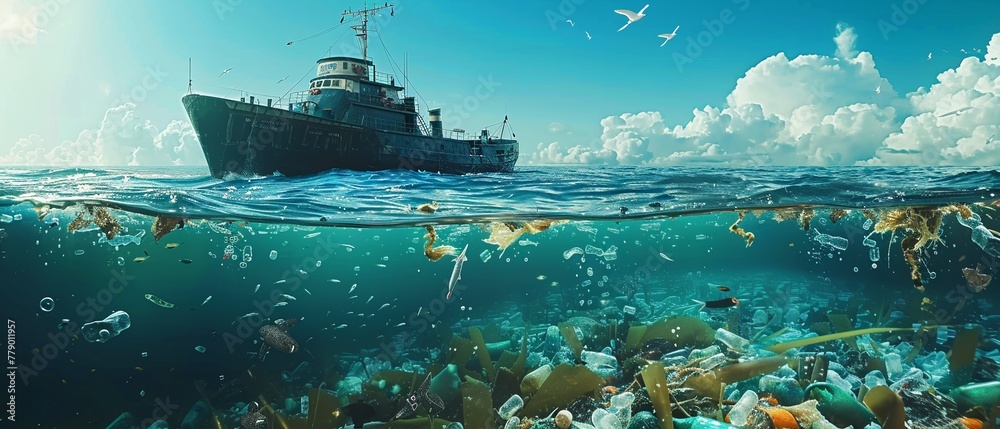
The advisory opinion provides them with a glimmer of hope and a legal tool to seek accountability and action from the world’s major polluters.
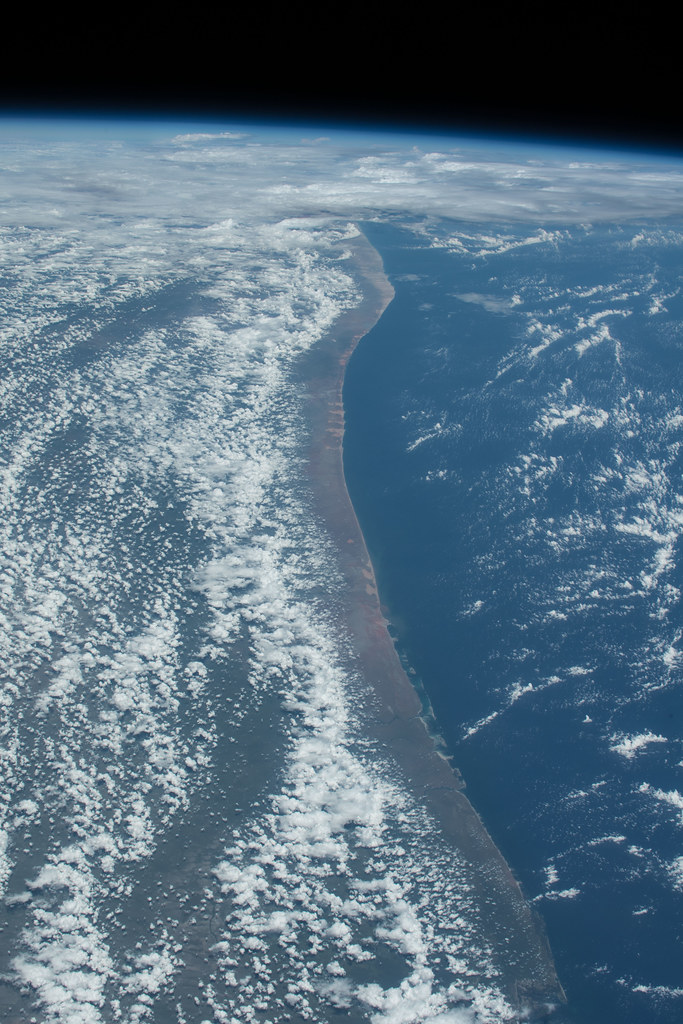
As the Tribunal’s president Judge Albert Hoffmann read the Advisory Opinion, it became clear that the world stands at a critical juncture.
For small island states looking toward a future shaped by climate change, the ruling signifies a beacon of justice and a step closer to holding those responsible for marine pollution to account.
It marks a historic moment in the quest to secure the environmental integrity and survival of nations most vulnerable to the consequences of global warming.

Relevant articles:
– Climate change: small island states hail ocean court victory, Hawaii Tribune-Herald
– Small island states hail ocean court victory on greenhouse gases, CBC
– Small Island States Hail ‘Historic’ Marine Pollution Win, Earth.Org
– Climate Change: Small islands states hail ocean court victory, Pacific Islands News Association
